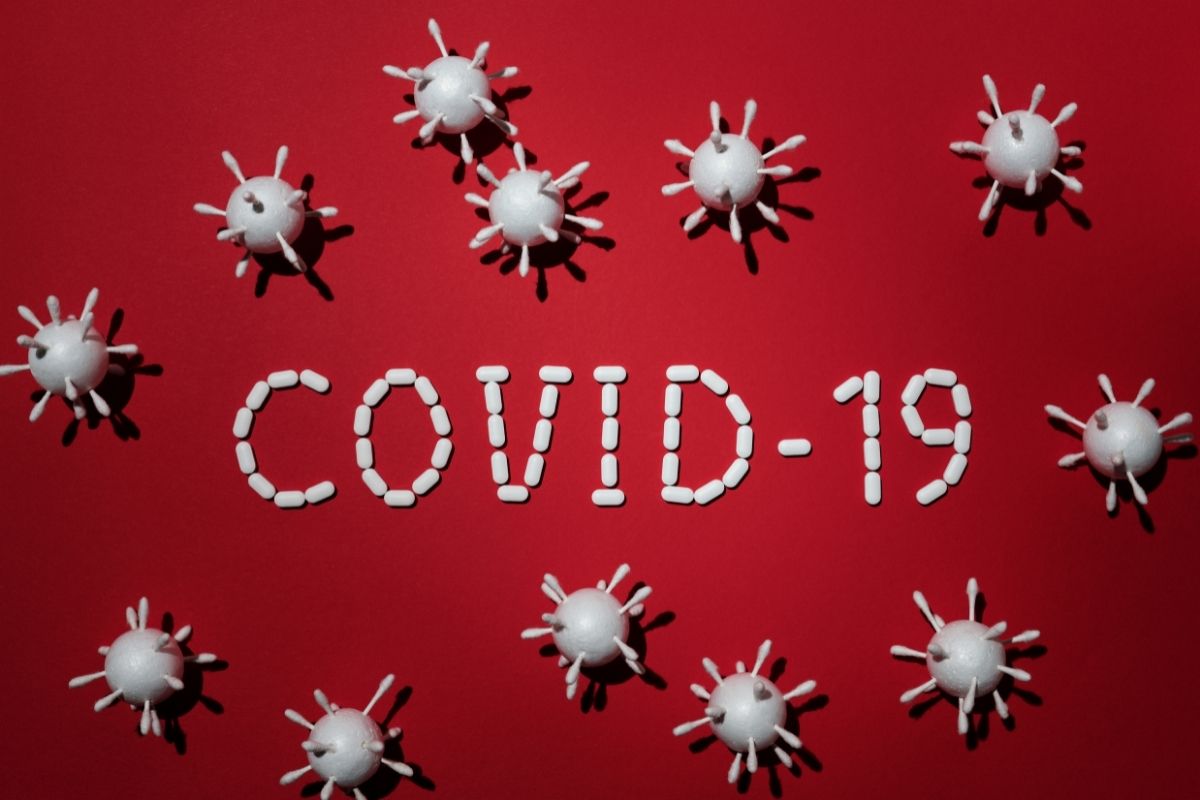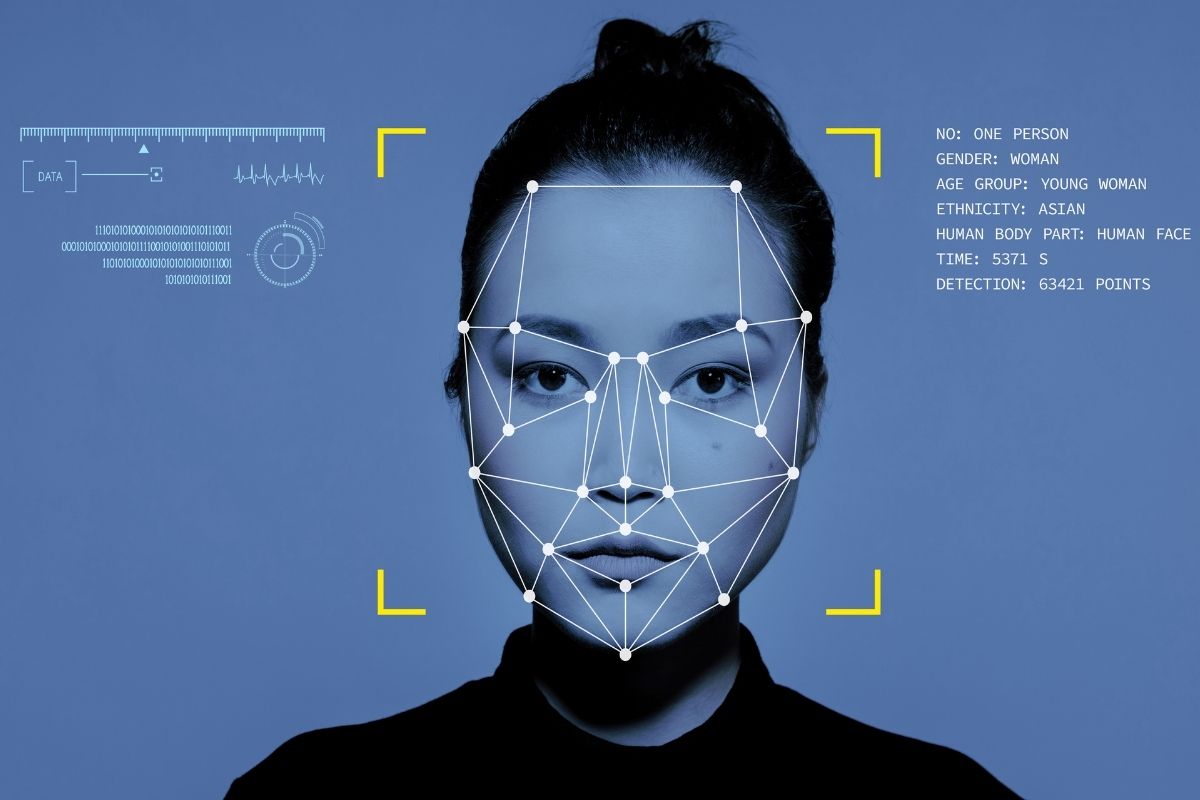The country intends to roll out a pilot program that will use thousands of Seoul’s CCTV cameras.
South Korea has announced that it plans to launch a pilot program using facial recognition in combination with artificial intelligence (AI) and thousands of the CCTV cameras throughout Seoul for the purpose of enhancing COVID-19 tracking.
The country is moving forward with the pilot project despite concerns regarding people’s privacy.
The Bucheon-based project is nationally funded and is taking place in one of the most densely populated cities in the country. Bucheon is located in an outer region of Seoul. The project using facial recognition and artificial intelligence is set to begin in January, according to a recent Reuters report.
The system being tested employs the technologies to conduct an analysis on footage gathered from the over 10,820 CCTV cameras in the city. This will allow infected people’s movements to be tracked so that anyone with whom they have had close contact can be identified. It can also help to determine if the infected person was wearing a mask. This, according to a business plan Bucheon submitted to the Ministry of Science and ICT (Information and Communications Technology).

South Korea is using facial recognition technology and AI as other governments work to control COVID-19 spread.
Governments worldwide have been looking to technology and broadened legal powers in the effort to regain control over the spread of COVID-19. Japan, China, India, Russia and Poland as well as a number of states across the US are among those that have been tinkering with some form of facial recognition systems for the purpose of tracking patients infected by the virus, according to a Columbia Law School report issued back in March.
According to an official in Bucheon, the system is meant to help ease the strain already placed on the tracing teams that are currently overworked. The city’s population is over 800,000 people, and the tracing team is seeking to boost accuracy and efficiency using the technologies. This is being tested in a country that has already deployed aggressive, high-tech contact tracing systems including the use of mobile phone location data, credit card records and CCTV footage among other sources of personal information.

